Advisory Committee Members
The Advisory Committee is composed of 30 members representing a wide range of interests in clean transportation and clean energy issues.
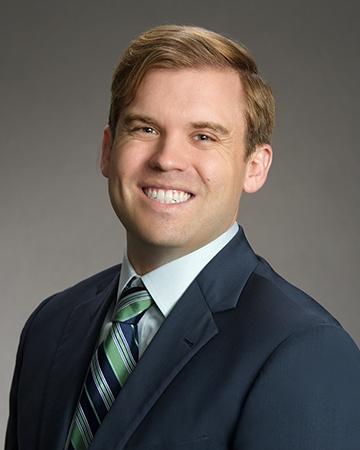
Nick Blair
Association of California Water Agencies
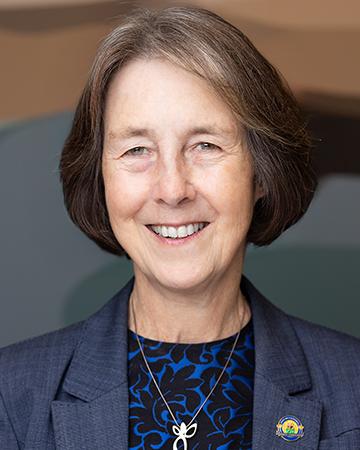
Nancy Skinner
California Energy Commission
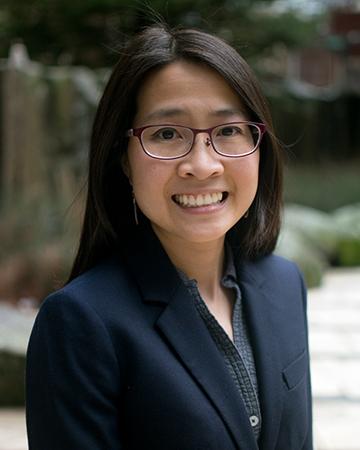
Teresa Bui
Pacific Environment
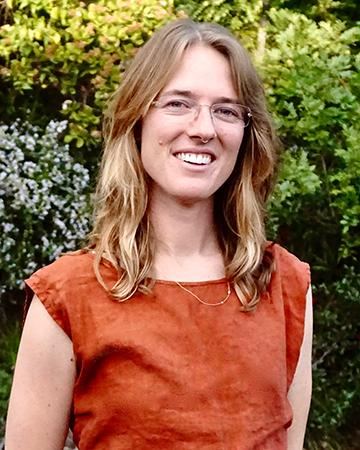
Suzanne Caflisch
Better World Group
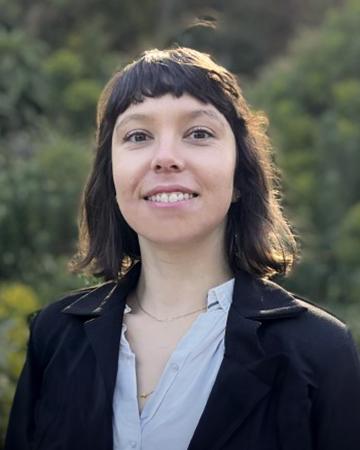
Elise Candelaria
Employment Training Panel (Labor and Workforce Development Agency)
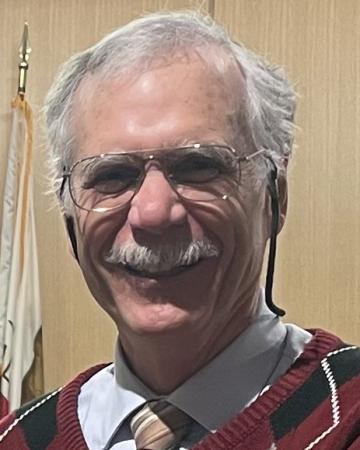
Gregory Cane
California Hydrogen Car Owners Association
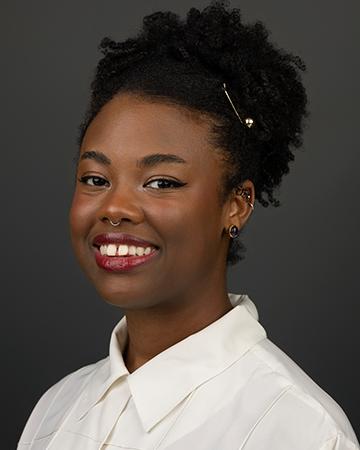
Brittany Carpenter
Fresno Metro Black Chamber of Commerce
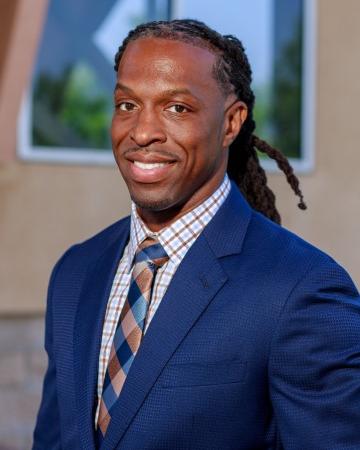
Rev. Charles Dorsey
The Dorsey Group
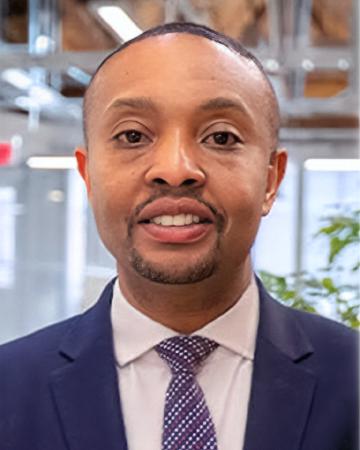
Daniel Ferguson
Los Angeles Cleantech Incubator/Christ Temple Cathedral
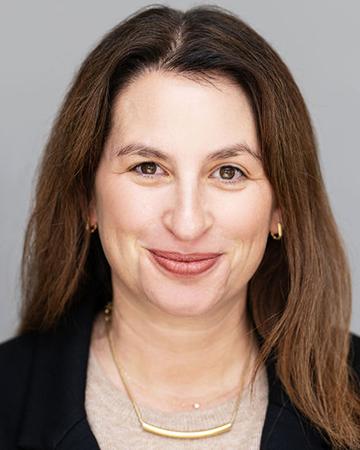
Jennifer Cohen
Pacific Merchant Shipping Association
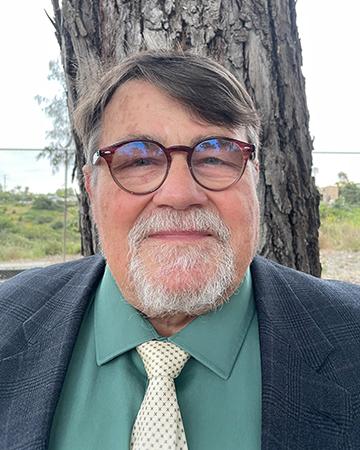
Larry Engelbrecht
Engelbrecht Consulting
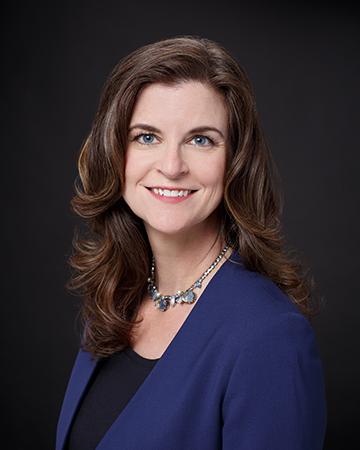
Katrina Fritz
California Hydrogen Business Council
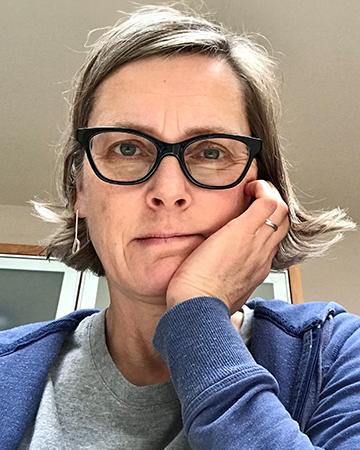
Gillian Gillett
Caltrans (State Transportation Agency)
Beverly Greene
Santa Clara Valley Transportation Authority
Kevin Hamilton
Central California Asthma Collaborative
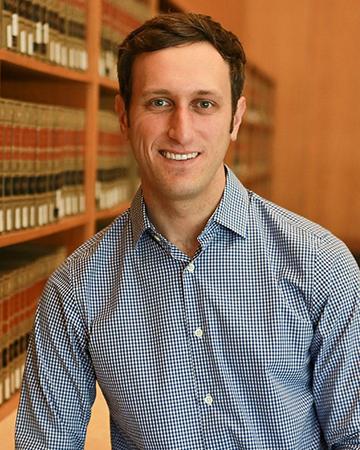
Ted Lamm
UC Berkeley School of Law
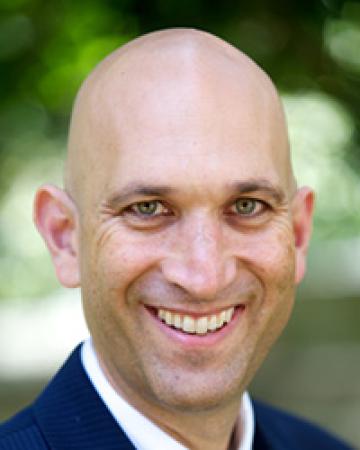
Joel Levin
Plug In America
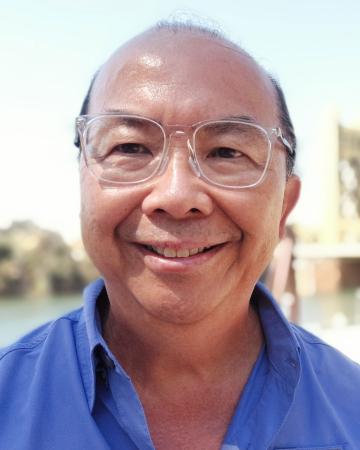
Morris Lum
Recreational Boaters of California
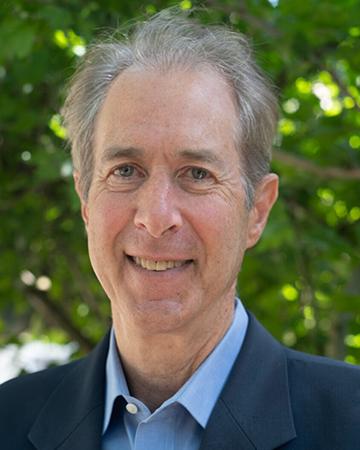
Bill Magavern
Coalition for Clean Air
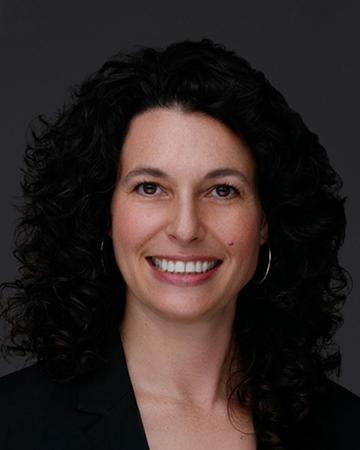
Micah Mitrosky
IBEW Ninth District
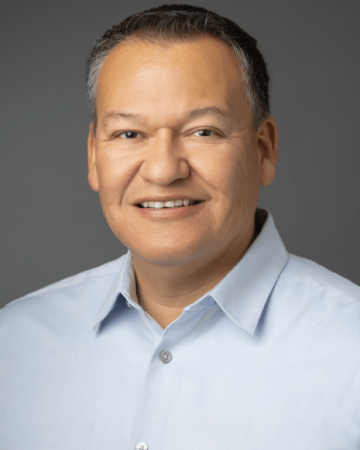
Luis Olmedo
Comite Civico Del Valle
Michael Pimentel
California Transit Association
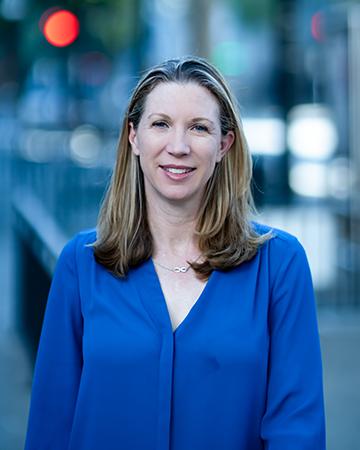
Laura Renger
California Electric Transportation Coalition
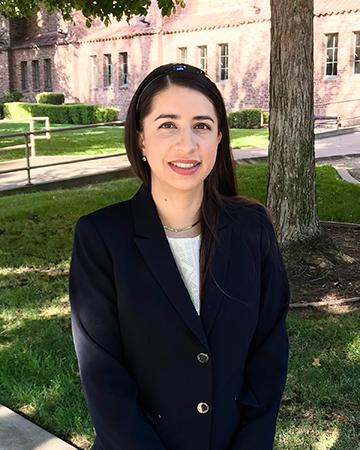
Mariela Ruacho
American Lung Association
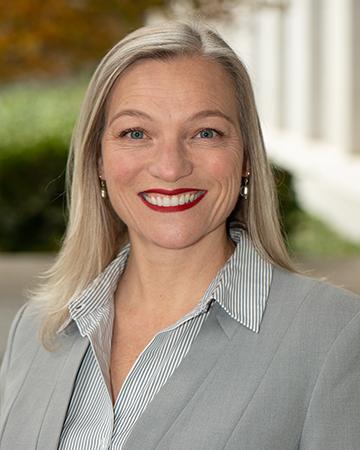
Gia Vacin
GO-Biz
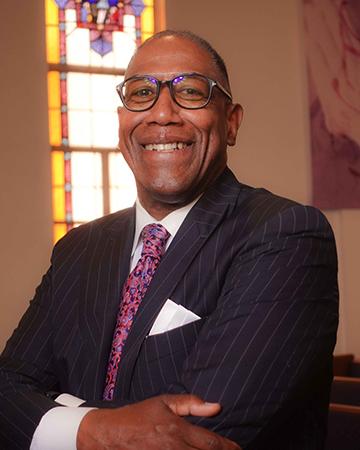
Rev. Harvey Vaughn III
Bethel AME Church
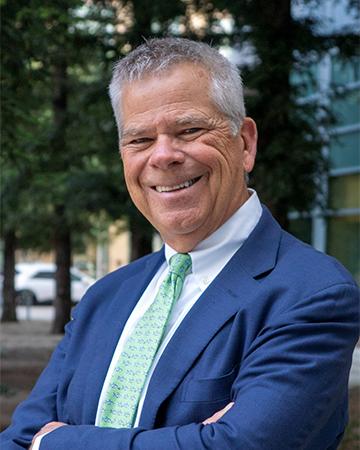
Christopher Grundler
CARB (California Environmental Protection Agency)
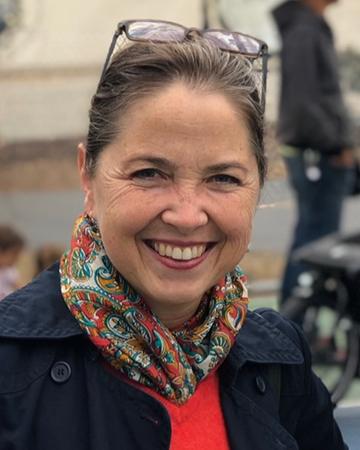
Vanessa Warheit
National Charging Access Coalition
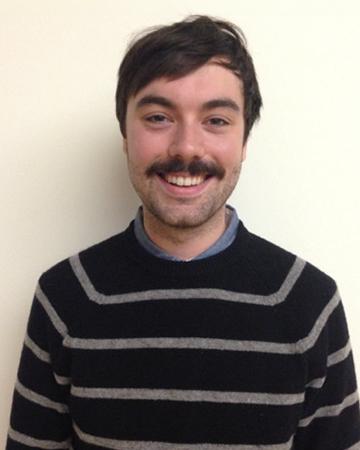
Sam Wilson
Union of Concerned Scientists
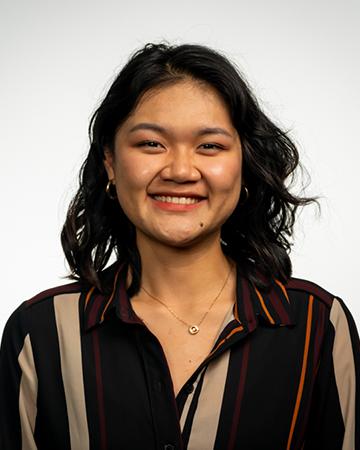
Marissa Wu
The Greenlining Institute
The Advisory Committee may provide advice on the following topics as related to the Investment Plan:
- Public and private sources of funding, availability and applicability of these sources for the purposes of the Program, and contact information;
- Other financial tools that are available besides grants and loans that can be used to support the objectives of the Program, and the most effective application of grants, loans and other appropriate measures to advance the market penetration of the myriad alternative, renewable and other innovative fuel and vehicle technology options;
- State of technological development of alternative, renewable and other innovative fuel and vehicle technologies, current level of research, development and demonstration support for these technologies, and need for Program support to move these technologies into the market place;
- The effectiveness and magnitude of individual alternative, renewable and other innovative fuel and vehicle technologies to reduce petroleum use, improve air quality and lower greenhouse gas emissions;
- Market applications for alternative, renewable and other innovative fuel and vehicle technologies that can simultaneously maximize petroleum reduction, air quality improvement, and greenhouse gas reduction;
- Market niche applications for alternative, renewable and other innovative fuel and vehicle technologies;
- Coordination with other states to increase the synergy of reducing petroleum use, expanding the use of alternative fuels, improving air quality and lowering greenhouse gas emissions;
- The state of commercial use of alternative, renewable and other innovative fuel and vehicle technologies and the need for Program support to expand their use;
- Analytical and other technical support that will be needed to more clearly delineate the issues and opportunities associated with alternative, renewable and other innovative fuel and vehicle technologies;
- Job skills needed to support an expanding poly-fuel transportation market and current availability of training for these skills; and
- Public and private sources of funding available for job training, applicability to the purpose of the Program, contact information, and the need for Program support to help expand the skilled job pool needed for the future transportation market.
